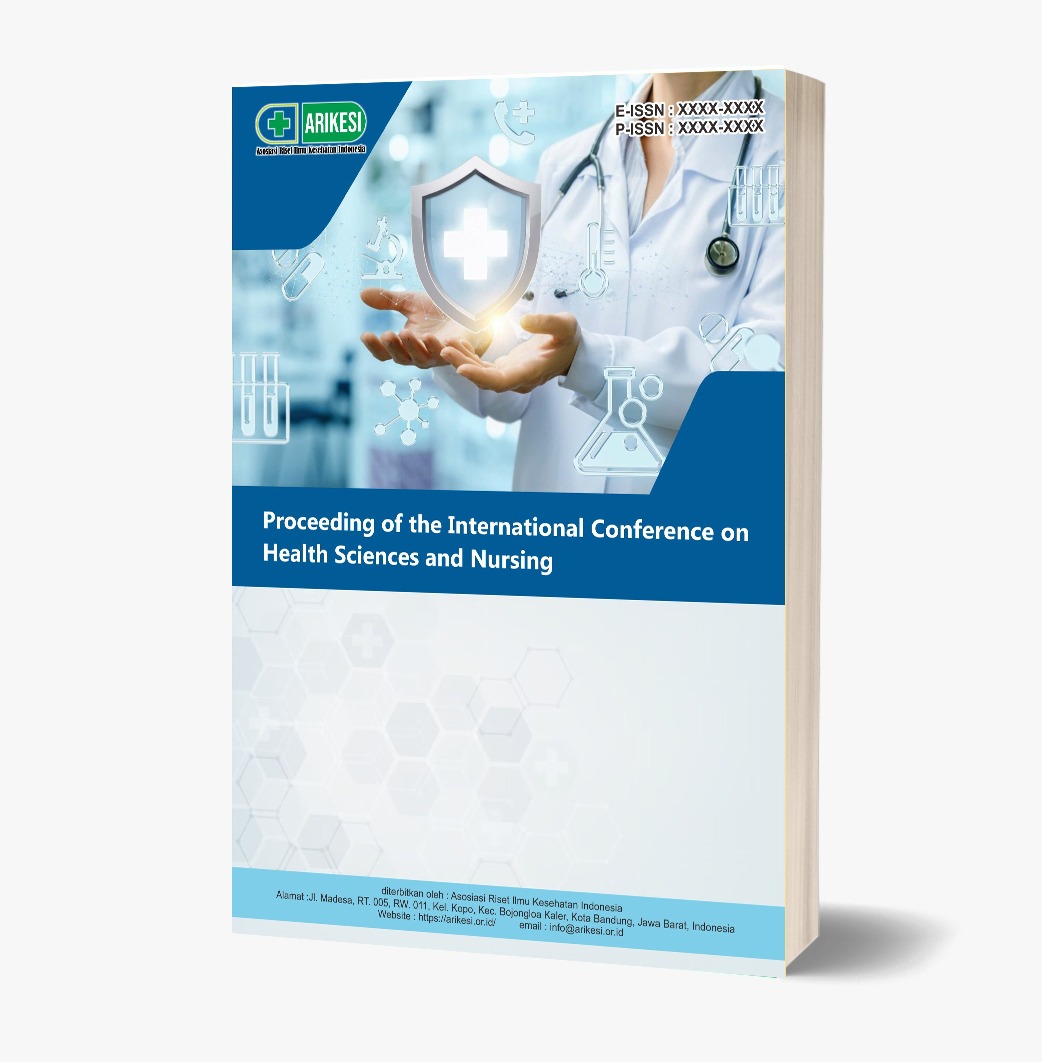The Impact of Sweet Beverage Consumption and Socioeconomic Factors on Mental Health Disorder Symptoms in Indonesia
Keywords:
Depression Symptoms, Logistic Regression, Socioeconomic Factors, Sugary DrinksAbstract
This study aims to analyze the impact of sugary drink consumption and socioeconomic factors on mental health symptoms in Indonesia. Mental health is a crucial aspect of individual well-being, closely linked to a person's ability to manage stress, function productively, and contribute positively to themselves and their surroundings. This study highlights two main factors that can affect mental health: sugary drink consumption and socioeconomic factors. The methodology used in this research is a quantitative analysis using secondary data from IFLS 5, which includes indicators of mental health, consumption patterns, and the socioeconomic status of respondents. The results show that sugary drink consumption has a significant positive impact on the probability of depression symptoms. Meanwhile, socioeconomic variables such as education level, marital status, and wealth also influence the probability of depression symptoms.
Downloads
References
Addo, R., Agyemang, S.A., Tozan, Y., Nonvignon, J. (2018). “Economic Burden of Caregiving for Persons with Severe Mental Illness in Sub- Saharan Africa: A Systematic Review.” PloS one 13(8): e0199830.
Andresen, E.M. et al. (1994) ‘Screening for Depression in Well Order Adults: Evaluation of a Short Form of the CES-D’, Screening for Depression in Well Order Adults: Evaluation of a Short Form of the CES-D, 2, p. 8.
Bryan, Mark L, Andrew M Bryce, and Jennifer P Roberts. 2022. “Dysfunctional Presenteeism: Effects of Physical and Mental Health on Work Performance.” The Manchester School. https://api.semanticscholar.org/CorpusID:248254777
Bubonya, Melisa, Deborah A. Cobb-Clark, and Mark Wooden. 2017. “Mental Health and Productivity at Work: Does What You Do Matter?” Labour Economics 46, 150–65. http://dx.doi.org/10.1016/j.labeco.2017.05.001
Chen, Y., et al. (2024). “Consumption of Sugary Beverages, Genetic Predisposition and the Risk of Depression: A Prospective Cohort Study.” General psychiatry 37(4), e101446.
d’Arqom, Annette et al. (2023). “Societal Influence and Psychological Distress among Indonesian Adults in Java on the Early Omicron Wave of COVID-19.” Future science OA 9(10): FSO894
Fox, J., et al. (2012). “Mental-Health Conditions, Barriers to Care, and Productivity Loss among Officers in an Urban Police Department.” Connecticut medicine 76(9), 525–31.
Hu, D., Cheng, L., Jiang, W. (2019). “Sugar-Sweetened Beverages Consumption and the Risk of Depression: A Meta-Analysis of Observational Studies.” Journal of affective disorders 245, 348–55.
Lim, K.L., et al. (2008). “A New Population-Based Measure of the Economic Burden of Mental Illness in Canada.” Chronic Dis Can 28(3), 92–98.
McCallum, Sonia M et al. (2018). “Reductions in Quality of Life and Increased Economic Burden Associated with Mental Disorders in an Australian Adult Sample.” Australian Health Review 43(6), 644–52.
Ra, J.S. (2022). “Consumption of Sugar-Sweetened Beverages and Fast Foods Deteriorates Adolescents’ Mental Health.” Frontiers in nutrition 9: 1058190.
Rice, D.P., Kelman, S., Miller, L.S. (1992). “The Economic Burden of Mental Illness.” Psychiatric Services 43(12): 1227–32. https://doi.org/10.1176/ps.43.12.1227
Siregar, R.A., et al. (2024). “Sugar-Sweetened Beverages Taxation Plan in Indonesia: Call for Political Commitment.” Public Health Challenges 3(3): e217. https://onlinelibrary.wiley.com/doi/abs/10.1002/puh2.217
Wang, Y., et al. (2022). “The Dose-Response Associations of Sugar-Sweetened Beverage Intake with the Risk of Stroke, Depression, Cancer, and Cause-Specific Mortality: A Systematic Review and Meta-Analysis of Prospective Studies.” Nutrients 14(4).
Zhou, Q., Fan, L., Yin, Z. (2018) ‘Association between family socioeconomic status and depressive symptoms among Chinese adolescents : Evidence from a national household survey’, Psychiatry Research. Elsevier Ireland Ltd, 259(121), 81–88. doi: https://doi.org/10.1016/j.psychres.2017.09.072







